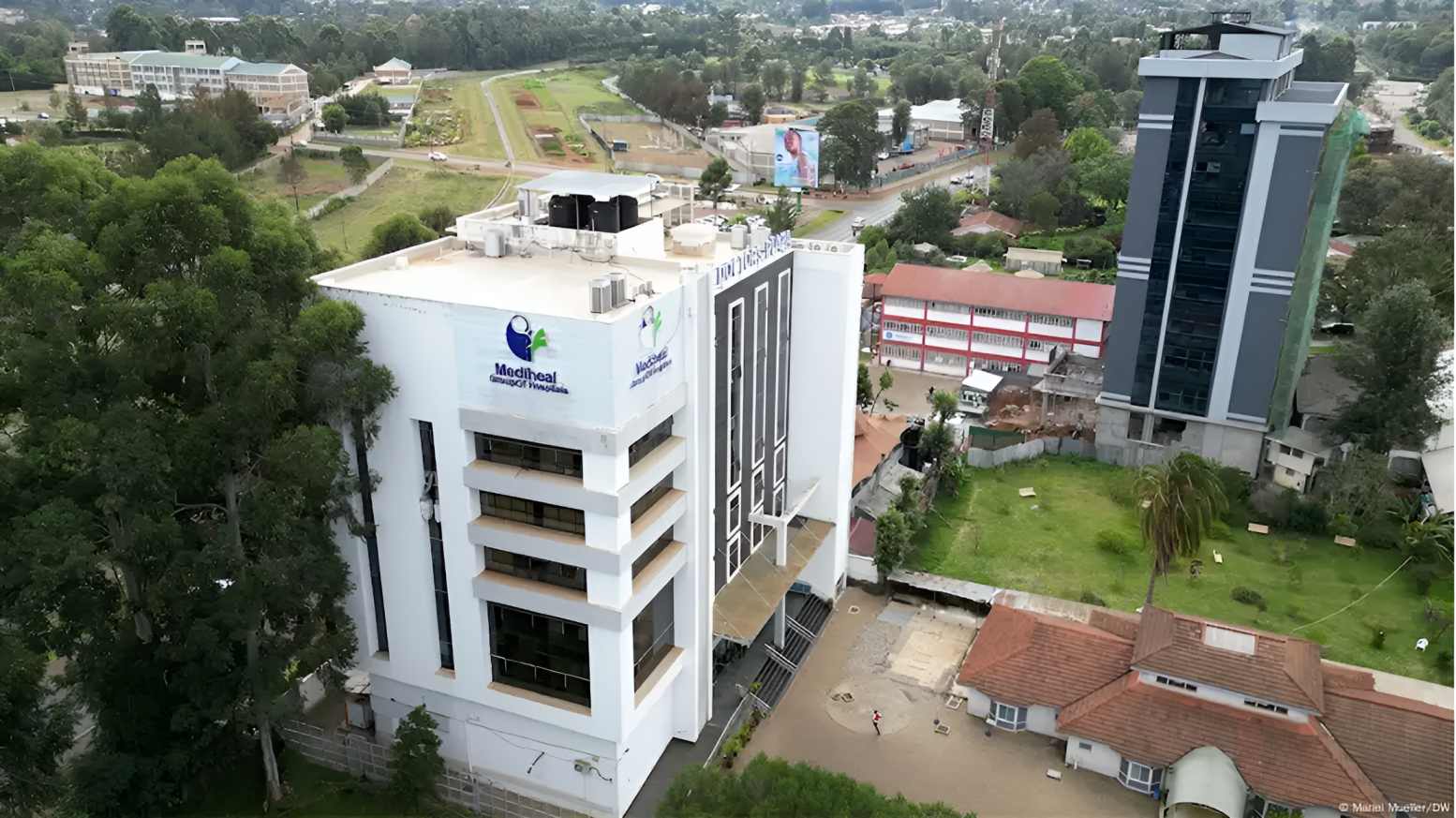The Health Committee of the National Assembly has initiated a public inquiry into alleged malpractice in kidney transplants conducted at Mediheal Hospital in Eldoret.
The inquiry follows mounting concerns over the hospital’s involvement in unethical practices, including possible organ trafficking.
The committee has called for the submission of memoranda and evidence from the public by May 9, 2025.
The Health Committee emphasized that the investigation would look into the legal and ethical aspects of the kidney transplant procedures at the hospital, including whether foreign nationals were involved in transplant tourism, and how the hospital managed the relationships between donors and recipients.
"The committee has noted with concern the public outcry and issues raised with respect to kidney transplant procedures at Mediheal Group of Hospitals, a prominent private healthcare provider that offers specialised services, including organ transplants," read the official statement.
"The issues raised include allegations of malpractice and ethical breaches in the provision of kidney transplant services, therefore, the Committee has resolved to conduct a public inquiry into the concerns and to make recommendations to the House."
James Nyikal, the Seme MP and chairperson of the Health Committee, underscored the importance of the inquiry, which he said would help inform any necessary changes to the country’s medical policies.
"This is a serious matter that touches on the dignity of life and the reputation of Kenya’s medical profession. We intend to get to the bottom of it," Nyikal said.
The inquiry is expected to answer key questions about whether Mediheal's transplant procedures were consistent with the country’s laws, particularly the Health Act and the Human Tissue Act.
Additionally, the committee will explore allegations of commercial organ donation and examine whether donors were fully informed about the process or if they were coerced into donating their kidneys.
"Were the procedures at Mediheal in line with the Health Act and Human Tissue Act? Was there evidence of organ commercialisation? Were donors fully informed, or were they deceived or coerced into donating?" Nyikal asked.
The investigation will also focus on whether Mediheal followed the proper procedures for immigration and licensing of foreign doctors involved in the transplants, as well as ensuring that the relationships between donors and recipients were thoroughly vetted.
"Did Mediheal conduct due diligence in verifying the relationships between donors and recipients, especially where foreign nationals were involved?" Nyikal questioned.
A 13-member committee has also been established by Health Cabinet Secretary Aden Duale to probe the allegations following a media investigation that claimed the hospital was engaged in a global organ trafficking ring.
The exposé suggested that international patients, particularly from Germany, were paying vast sums for kidney transplants, while some Kenyan donors received a fraction of that amount for their organs.
According to the investigative report, kidney recipients from abroad were charged up to $200,000 (Sh25.9 million) for the transplant, while one Kenyan donor received only $4,000 (about Sh518,120) for offering his kidney under unclear circumstances.
The alleged donor claimed he was recruited by a middleman, transported to Mediheal, and pressured to sign documents he did not understand.
Mediheal Hospital has denied these claims, with Vice President Maryline Limo insisting that the hospital does not source or select organ donors.
"We want to make it absolutely clear that the patients come with their own donors to the facility. The hospital is not involved in the sourcing and selection of donors," Limo said during a radio interview on April 16.
Despite this, Limo acknowledged that the hospital faces challenges in independently verifying the relationships between donors and recipients.
She explained that the facility relies on sworn affidavits from patients and donors to confirm these relationships.
Mediheal Group’s founder, Swarup Mishra, also strongly rejected the accusations, emphasizing that the hospital operates within legal boundaries and is committed to providing healthcare services, not engaging in criminal activities.
"We are not involved in any trafficking, we are not involved in any syndicate, and we are not involved in any criminal enterprise related to any issue of kidney transplants. All that Mediheal does is to provide medical services," Mishra said through the hospital’s lawyer, Katwa Kigen.
